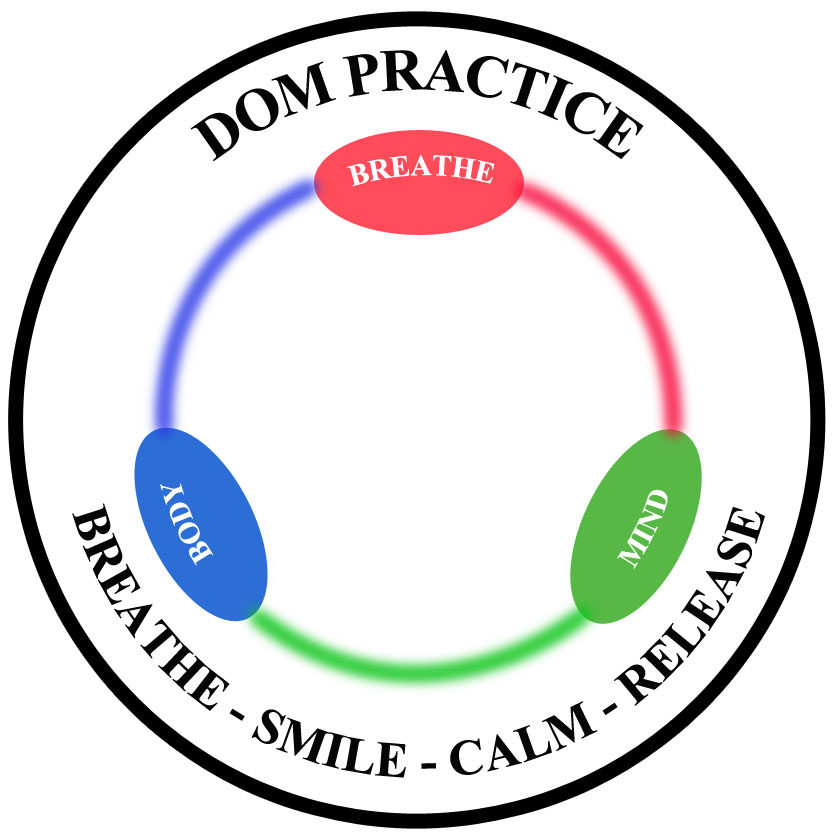The Story of Devadatta
While residing at the Jetavana monastery in Savatthi, the Buddha uttered Verse (17) of this book, with reference to Devadatta.
Devadatta was at one time residing with the Buddha in Kosambi. While staying there he realized that the Buddha was receiving much respect and honour as well as offerings. He envied the Buddha and aspired to head the Order of the bhikkhus. One day, while the Buddha was preaching at the Veluvana monastery in Rajagaha, he approached the Buddha and on the ground that the Buddha was getting old, he suggested that the Order be entrusted to his care. The Buddha rejected his offer and rebuked him, saying that he was a swallower of other people's spittle. The Buddha next asked the Samgha to carry out an act of proclamation (Pakasaniya kamma: An act of Proclamation carried out by the Order of the Samgha regarding a member declaring that as his conduct was of one kind before and is of another kind now, henceforth all his physical and verbal actions are only his and have nothing to do with the Buddha, the Dhamma and the Samgha.) regarding Devadatta.
Devadatta felt aggrieved and vowed vengeance against the Buddha. Three times, he attempted to kill the Buddha: first, by employing some archers; secondly, by climbing up the Gijjhakuta hill and rolling down a big piece of rock on to the Buddha; and thirdly, by causing the elephant Nalagiri to attack the Buddha. The hired assassins returned after being established in Sotapatti Fruition, without harming the Buddha. The big piece of rock rolled down by Devadatta hurt the big toe of the Buddha just a little, and when the Nalagiri elephant rushed at the Buddha, it was made docile by the Buddha. Thus Devadatta failed to kill the Buddha, and he tried another tactic. He tried to break up the Order of the bhikkhus by taking away some newly admitted bhikkhus with him to Gayasisa; however, most of them were brought back by Thera Sariputta and Thera Maha Moggallana.
Later, Devadatta fell ill. He had been ill for nine months when he asked his pupils to take him to the Buddha, and subsequently made the trip to the Jetavana monastery. Hearing that Devadatta was coming, the Buddha told his disciples that Devadatta would never get the opportunity to see him.
When Devadatta and his party reached the pond in the Jetavana monastery compound the carriers put down the couch on the bank of the pond and went to take a bath. Devadatta also rose from his couch and placed both his feet on the ground. Immediately, his feet sank into the earth and he was gradually swallowed up, Devadatta did not have the opportunity to see the Buddha because of the wicked deeds he had done to the Buddha. After his death, he was reborn in Avici Niraya, a place of intense and continuous torment.
Then the Buddha spoke in verse as follows:
| Kết Một Tràng Hoa
Thiền Sư Thích Nhất Hạnh |
Tích Truyện Pháp Cú Thiền viện Viên Chiếu |
Tâm Minh Ngô Tằng Giao Chuyển Dịch Thơ |
Translated by Acharya Buddharakkhita |
| Bây giờ hối thì sau này cũng hối, làm điều ác đức thì sẽ khiến cho cái hối hận tăng gấp đôi. Điều này tạo tai ương cho bản thân mình, trong tương lai mình sẽ phải nhận chịu tội báo nóng bức. | Nay than, đời sau than, Kẻ ác, hại đời than, Nó than: "Ta làm ác" Ðọa cõi dữ,than hơn. |
Kiếp này tràn ngập khổ đau Khổ đau cũng lại kiếp sau ngập tràn Người gây nghiệp ác thở than: “Bao điều gian ác mình làm trước đây!” Bây giờ đường ác đọa đầy Trầm luân cõi khổ biết ngày nào xong. |
The evil-doer suffers here and hereafter; he suffers in both the worlds. The thought, "Evil have I done," torments him, and he suffers even more when gone to realms of woe. |
